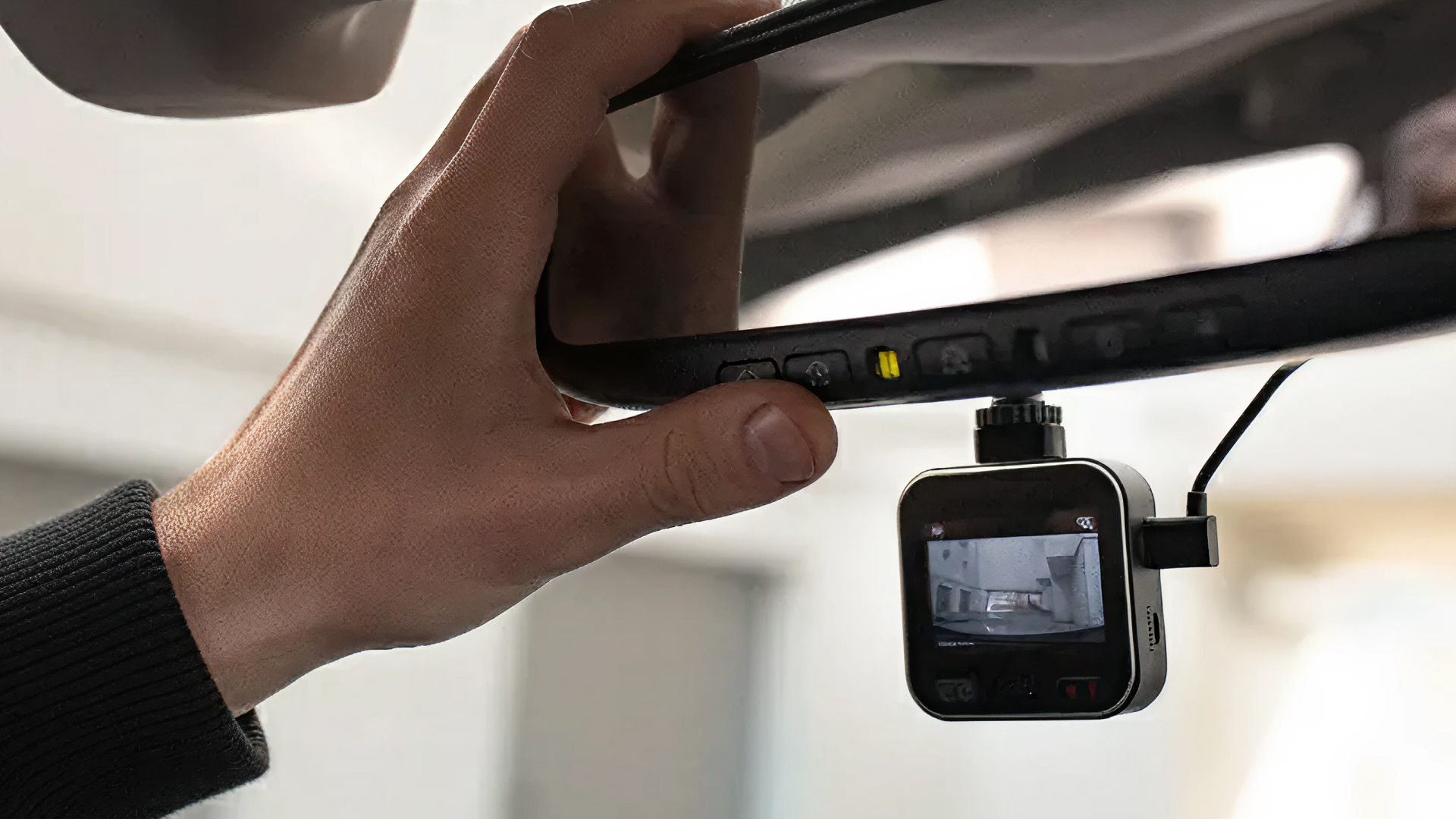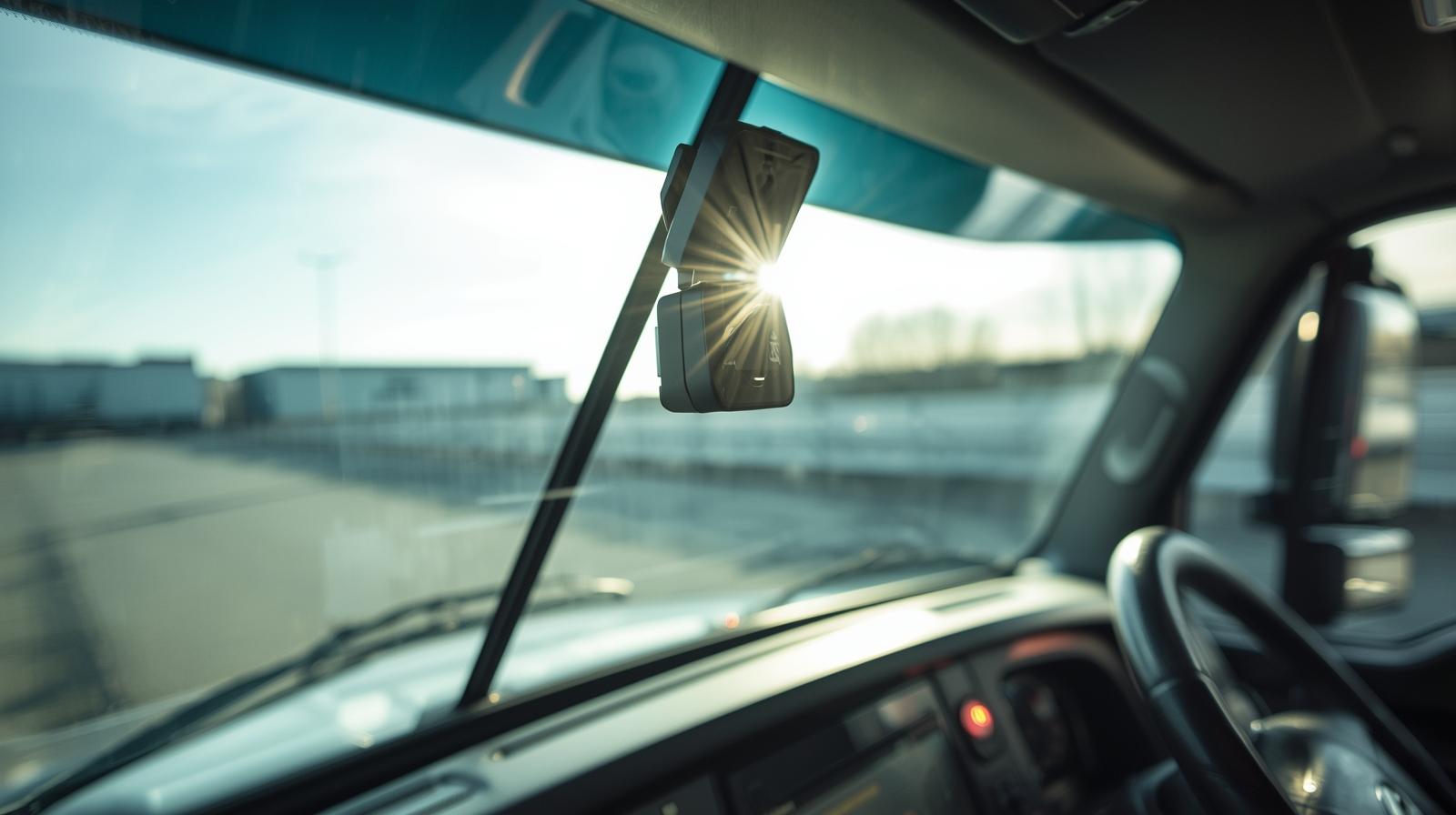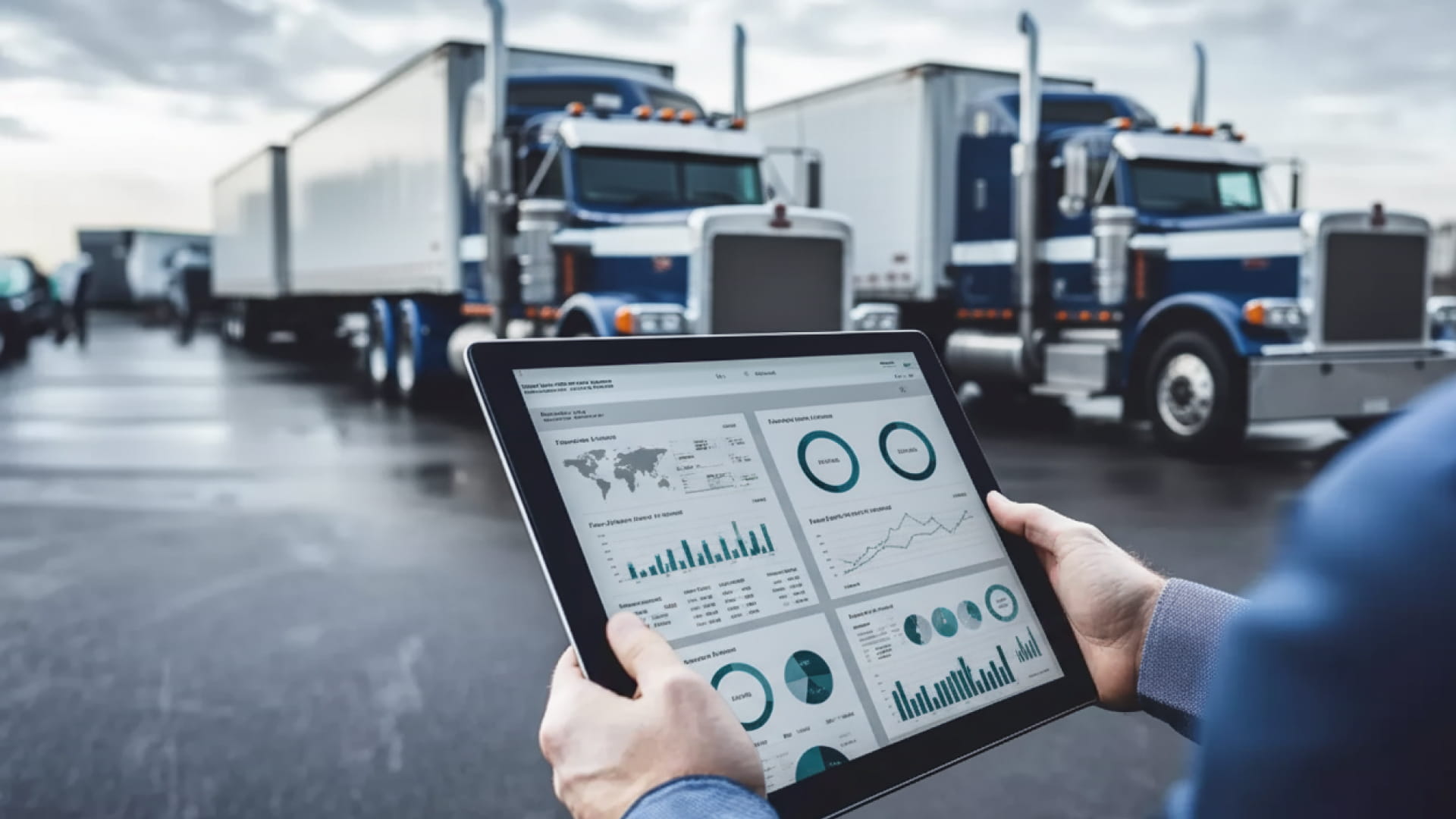Contents
- Real-Time Equipment Health Modeling
- Predictive Maintenance as a Competitive Strength
- Safety Improvements Through Virtual Scenario Testing
- Operational Optimization Across the Entire Fleet
- Digital Twins for Electric and Hybrid Fleets
- Data Integration with Ezlogz Telematics
- Strategic Benefits for Fleet Owners and Managers
- Practical Use Cases for U.S. Trucking Operations
- FAQ: Digital Twins for Fleet Operations
- 1. How does a digital twin work in trucking?
- 2. What makes a digital twin different from traditional telematics?
- 3. Does a digital twin require special on board hardware?
- 4. Can digital twins reduce maintenance expenses?
- 5. How do digital twins support driver coaching?
- 6. Are digital twins helpful for electric trucks?
- 7. How does Ezlogz improve digital twin accuracy?
Digital twins reshape how fleets anticipate wear, manage performance, and avoid costly surprises. A digital twin mirrors each truck as a living, data fed model that constantly learns from sensors, telematics, and historical behavior. It feels like having a virtual test track where engines, brakes, and drivers reveal their patterns long before those patterns hit the real highway.
Truck owners gain a clearer view of hidden inefficiencies. A digital twin highlights the point where fuel economy drifts, tires begin wearing unevenly, or idle time quietly drains margins. The model acts like a mechanic who never sleeps — one that listens to vibrations, load changes, and environmental conditions, then turns them into concrete predictions rather than vague assumptions.
Fleet managers use these simulations to test decisions without burning a drop of diesel. Sudden route shifts, extreme temperatures, and varying load weights can be played out virtually to see how each change affects engine load, brake fatigue, or battery health in electric trucks. This foresight cuts maintenance costs, lowers risks, and builds confidence in planning. It also protects uptime — the most valuable currency in transportation.
Real-Time Equipment Health Modeling
A digital twin tracks tiny deviations in engine temperature, battery output, oil quality, and braking intensity. The system compares current readings with long term patterns and alerts fleets when drift signals early stage failure. Engine overheating becomes predictable instead of a roadside emergency, allowing repairs when they make sense — not when forced by breakdowns.
Predictive health modeling supports smarter parts ordering and shop scheduling. Fleets reduce overtime, avoid stock shortages, and keep equipment available when demand peaks.
Predictive Maintenance as a Competitive Strength
Predictive maintenance powered by digital twins turns raw wear into actionable insight. The model estimates how many miles remain before a belt cracks, how soon a DPF will clog, and how quickly tire tread disappears under specific routes and conditions.
Each truck receives a personalized maintenance timeline — similar to an individualized health plan. This strategy extends asset life, protects resale value, and limits avoidable repairs. Budgets stabilize because maintenance stops being a guessing game.
Enhanced Driver Performance and Behavior Insights
Driver behavior shapes fuel burn, wear patterns, and safety outcomes. Digital twins analyze acceleration, braking, cornering forces, speed fluctuations, and idling, then show exactly how these habits affect truck longevity.
This produces transparent data driven coaching. A driver who brakes late may unknowingly double brake wear. When a digital twin exposes the connection, feedback becomes practical rather than critical. Drivers gain clarity, and management strengthens performance standards without tension.
Safety Improvements Through Virtual Scenario Testing
Safety teams use digital twins to simulate risk across routes and weather. The model tests black ice, steep grades, crosswinds, sudden stops, and congested corridors, revealing where exposure is highest.
These insights support targeted safety policies such as:
- Speed restrictions on hazardous corridors
- Weather based dispatch adjustments
- Training built for specific terrain
- Load assignments that reduce stress on trucks
Proactive safety strategy lowers violations, accidents, and insurance pressure.
Operational Optimization Across the Entire Fleet
A fleet wide digital twin functions like a living control tower. It analyzes how trucks interact with schedules, loads, routes, and driver hours. One simulated change — such as delaying a stop or rerouting a driver — shows ripple effects across the entire operation.
Dispatchers gain visibility into:
- Where empty miles accumulate
- Which routes inflate fuel use
- How delivery windows affect HOS compliance
- How weather shifts impact timing
- Where bottlenecks form before they cause delays
This capability helps fleets run leaner, move faster, and maintain consistent service levels.
Digital Twins for Electric and Hybrid Fleets
Electric fleets rely heavily on battery life, thermal stability, and efficient charging cycles. A digital twin monitors each of these factors with precision.
The model identifies:
- Early battery degradation signals
- Charging habits that shorten lifespan
- Drivers who capture regenerative braking more efficiently
- Weather patterns that reduce range
- The best charging schedules for long haul or regional runs
These insights protect high value EV assets — often the most expensive equipment in a fleet — and support a smooth transition to electric power.
Data Integration with Ezlogz Telematics
Platforms like Ezlogz provide the data depth digital twins need. Engine diagnostics, GPS positioning, idle time, ELD logs, fault codes, safety events, and driving patterns feed directly into the twin.
Accurate data leads to:
- Sharper predictions
- Faster anomaly detection
- Stronger safety modeling
- Precise maintenance timelines
- More reliable dispatch simulations
Ezlogz becomes the intelligence source that makes each digital twin accurate, responsive, and truly useful.
Strategic Benefits for Fleet Owners and Managers
Digital twins convert unpredictable operations into structured, measurable systems. Fleets experience long term gains such as:
- Reduced maintenance and repair costs
- Longer truck lifecycles
- Better fuel efficiency
- Stronger safety outcomes
- Lower insurance strain
- Higher driver retention
- Improved dispatch decision making
- Predictability during seasonal volatility
These advantages stack over time, giving fleets a meaningful competitive edge.
Practical Use Cases for U.S. Trucking Operations
| Fleet Challenge | Digital Twin Benefit |
| High maintenance costs | Predict failures early — prevent breakdowns |
| Tight delivery windows | Test scenarios — strengthen dispatch reliability |
| Fuel price volatility | Expose waste — improve fuel strategy |
| Driver shortages | Improve retention — create fair coaching |
| Insurance pressure | Reduce accidents — support safety scores |
| Electrification | Model batteries — protect expensive EV assets |
FAQ: Digital Twins for Fleet Operations
1. How does a digital twin work in trucking?
It uses telematics and diagnostic data to build a virtual model of each truck, updating continuously as the vehicle operates. The model predicts wear, identifies risks, and simulates decisions before they impact real world operations.
2. What makes a digital twin different from traditional telematics?
Telematics reports past events. A digital twin forecasts future outcomes — including failures, part wear, and scenario results — allowing proactive decision making.
3. Does a digital twin require special on board hardware?
Most fleets already have what they need. ELDs, GPS units, and engine sensors supply enough data to build accurate digital twins. Additional sensors improve precision but aren’t mandatory.
4. Can digital twins reduce maintenance expenses?
Yes. Predictive modeling schedules maintenance at the optimal moment, preventing breakdowns and eliminating unnecessary service intervals.
5. How do digital twins support driver coaching?
They connect behavior with vehicle health. This allows clear, objective feedback — not subjective judgement — and helps drivers improve performance with confidence.
6. Are digital twins helpful for electric trucks?
Extremely. They track battery health, charging cycles, thermal changes, and range behavior, helping fleets extend battery life and maintain reliability.
7. How does Ezlogz improve digital twin accuracy?
Ezlogz provides granular real time telematics data that feeds directly into each twin. Better data produces sharper predictions, stronger insights, and more reliable operational modeling.










